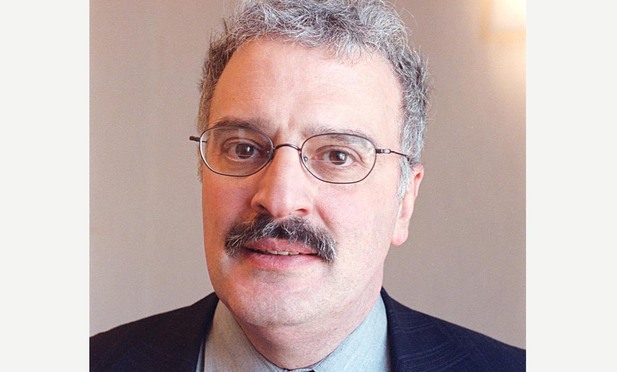When I was growing up, way too many years ago, it was common for small convenience stores to have a sign hanging behind the counter that said, “We don’t charge sales tax, we only collect it.” Who is liable for tax is often irrelevant to buyers and sellers—until they want a refund. Two recent Division of Tax Appeals administrative law judge (ALJ) determinations, New Cingular Wireless1and Richard L. Feigen & Co.,2 work through some of these issues. Cingular may have turned on the fact that the seller had not yet refunded sales tax to its customers. On the other hand, in Feigen, the seller ended up bearing the tax although it had already refunded its customer.
The two cases generally deal with Section 1139 of the New York Tax Law, which provides the rules for receiving a sales tax refund in cases where such tax was “erroneously, illegally or unconstitutionally collected or paid.” Section 1139(a) requires the state to refund such sales tax if the tax was paid in the last three years and the collector of sales tax had already issued a refund to the customer. Under Section 1139(c), in order to receive a refund, a collector or payer of sales tax must file a claim within the later of three years of the filing of a return or two years of paying the tax.
‘Cingular’
This content has been archived. It is available through our partners, LexisNexis® and Bloomberg Law.
To view this content, please continue to their sites.
Not a Lexis Subscriber?
Subscribe Now
Not a Bloomberg Law Subscriber?
Subscribe Now
LexisNexis® and Bloomberg Law are third party online distributors of the broad collection of current and archived versions of ALM's legal news publications. LexisNexis® and Bloomberg Law customers are able to access and use ALM's content, including content from the National Law Journal, The American Lawyer, Legaltech News, The New York Law Journal, and Corporate Counsel, as well as other sources of legal information.
For questions call 1-877-256-2472 or contact us at [email protected]



